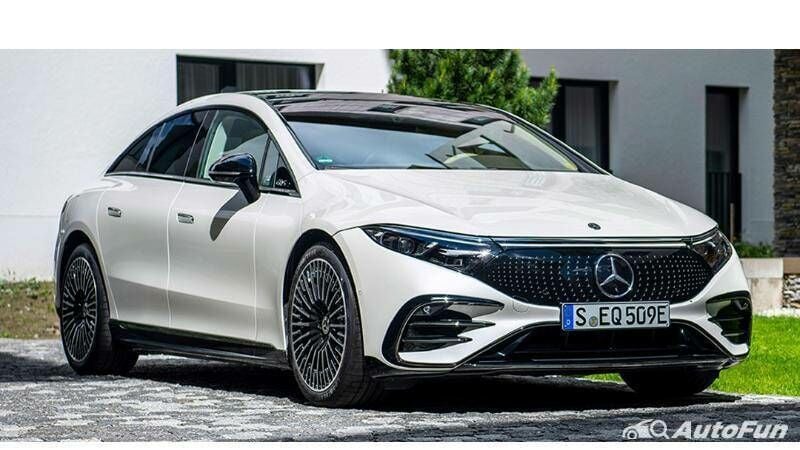Thai car sales plunge; luxury market hit amid economic woes

Mercedes-Benz (Thailand) reports a significant decrease in domestic car sales, affecting even the typically robust premium car sector. The struggling Thai economy and banks’ stricter auto lending policies due to high household debt, are impacting car manufacturers across all sectors. This includes the luxury market, which generally leverages higher purchasing power.
“The automotive industry has been hard hit by this year’s economic slowdown, making it challenging for manufacturers to boost sales. This includes both general passenger and luxury cars,” says Martin Schwenk, President and CEO of Mercedes-Benz (Thailand).
Schwenk predicts that total car sales in Thailand will fail to reach the 750,000-800,000 units target in 2024. Compared to last year, which saw domestic car sales hitting 775,780 units (an 8.6% year-on-year fall), according to the Federation of Thai Industries (FTI).
“The industry is immersed in fierce competition and under immense pressure, making it hard to project Mercedes-Benz’s sales volume for 2024,” adds Schwenk.
In 2022, there were 13,118 Mercedes-Benz cars registered; the total luxury car sector’s sales hitting 43,553 units. However, according to the FTI, domestic car sales in April this year plummeted by 21.5% year-on-year to 46,738 units, primarily due to delayed government spending, stricter bank lending criteria for car loans, and weaker buying power.
Between January and April, car sales saw a steep drop by 23.9% year-on-year to 210,494 units.
Despite the general drop in car sales, Mercedes-Benz Thailand identifies a silver lining in the growing electric vehicle (EV) industry, which is witnessing government support. Most recently, the company renewed a decade-long contract with Thonburi Automotive Assembly Plant Ltd, its longstanding partner in car assembly and battery production.
“We are entering a new era as the first premium car brand to produce batteries and assemble EVs. We will start with the EQS 500 4MATIC AMG Premium,” declares Schwenk.
The Samut Prakan-based assembly plant has manufactured over thirteen models of Mercedes-Benz automobiles, including A-Class, C-Class, E-Class, and S-Class vehicles.
Schwenk shows no worry over the entry of Chinese EV manufacturers into Thailand, pointing out that they target different market segments.
Globally, Mercedes-Benz focuses on producing plug-in hybrid EVs, outlining plans to phase out internal combustion engine-powered cars by 2025.
Latest Thailand News
Follow The Thaiger on Google News:


























